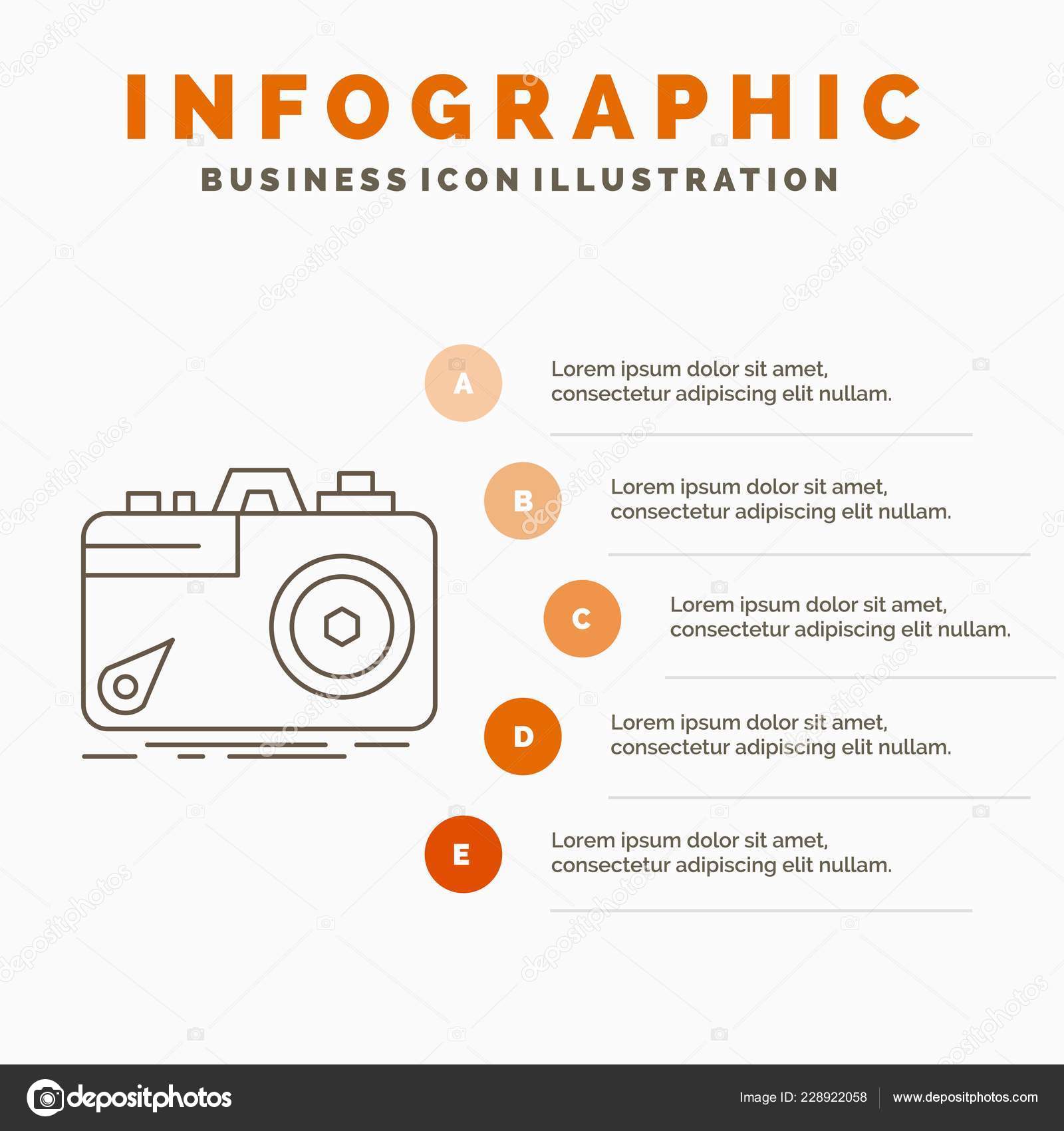Typical Blunders New Photographers Make And Just How To Avoid Them
Typical Blunders New Photographers Make And Just How To Avoid Them
Blog Article
Short Article Composed By-Vinter Haaning
As a new professional photographer, it's very easy to get caught up in the allure of high-end equipment and neglect the basics that really raise your craft. You could find yourself annoyed when your photos do not mirror the vision you had in mind. Typical bad moves, like ignoring lights basics or neglecting make-up concepts, can hold you back greater than you understand. Yet understanding these challenges can transform your technique. Allow's explore these mistakes and exactly how you can sidestep them to enhance your digital photography journey.
Ignoring Lights Basics
Overlooking lights basics is one of the greatest errors new digital photographers make. Headshots for business might believe that recording a terrific photo is all about your camera settings or the most recent equipment, yet the reality is, lights is essential. Proper lighting can boost your photos from ordinary to stunning, and comprehending it can conserve you from numerous missed out on possibilities.
First, take note of all-natural light. The gold hours-- shortly after daybreak and prior to sundown-- use soft, complementary light that enhances your subject. Avoid rough midday sunlight, which can cast uncomplimentary darkness. If you're firing inside, position your topic near windows to make use of diffused light.
Next, learn to manipulate man-made illumination. Try out various sources, like lamps or external flash. Use reflectors to bounce light back onto your subject for a softer result. https://blogfreely.net/travis2534johnson/imaginative-photography-concepts-unleashing-your-creative-imagination fail to remember that darkness can add depth; embrace them rather than shying away.
Ultimately, technique adjusting your cam settings according to the lighting problems. Understand exactly how shutter speed, aperture, and ISO collaborate to achieve the preferred exposure.
Overemphasizing Tools
Many brand-new digital photographers come under the trap of thinking that having the current and greatest gear will automatically enhance their digital photography. While it's tempting to believe that a higher-end video camera or an elegant lens will certainly boost your work, the fact is that it's not practically the devices you utilize.
Your skills, creativity, and understanding of digital photography play a much larger duty in producing magnificent pictures. Buying first-class gear can be helpful, however it shouldn't be your key focus. Rather, concentrate on mastering the fundamentals-- light, composition, and storytelling.
https://www.digitalcameraworld.com/buying-guides/best-iphone-for-photography can take awesome pictures with a straightforward electronic camera if you know just how to use it successfully. Frequently, it's the photographer's vision, not the equipment, that makes the distinction.
Moreover, overemphasizing tools can result in aggravation and burnout. You may find yourself regularly chasing the next item of gear rather than sharpening your craft.
Neglecting Make-up Concepts
When you grab your video camera, it's very easy to focus exclusively on the topic, but ignoring composition concepts can bring about dull images. Make-up is the backbone of photography; it guides the viewer's eye and produces a visual narrative. If you ignore it, your stunning topic might get lost in a messy structure.
Start by applying the regulation of thirds. Imagine your frame split right into nine equal parts by two horizontal and two vertical lines. Position key elements along these lines or at their crossways for a well balanced and engaging shot.
In addition, consider leading lines. Usage all-natural lines in your scene to attract the customer's eye toward the subject.
Do not ignore framing. Use bordering aspects to create a "structure within a frame." This method can include deepness and emphasis to your subject.
Lastly, focus on adverse area. Sometimes, less is extra. Allowing empty space can improve your centerpiece and create an extra effective image.
Conclusion
In conclusion, by steering clear of these usual risks, you can raise your digital photography skills significantly. Concentrate on grasping lighting, make-up, and exposure rather than getting lost in pricey gear. Do not undervalue the power of post-processing, either-- it can really transform your pictures. Remember to choose the right time of day for capturing, as lighting plays an important function in your results. Embrace these tips, and view your digital photography thrive!
